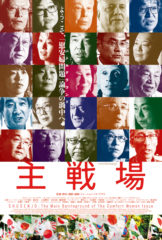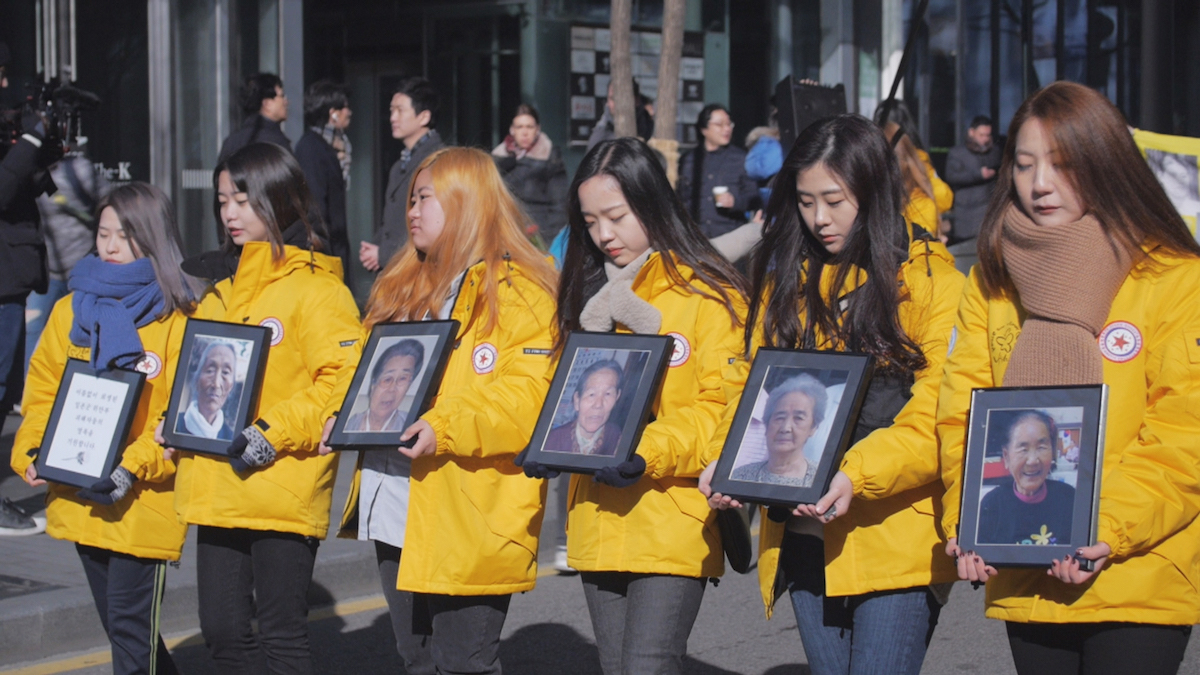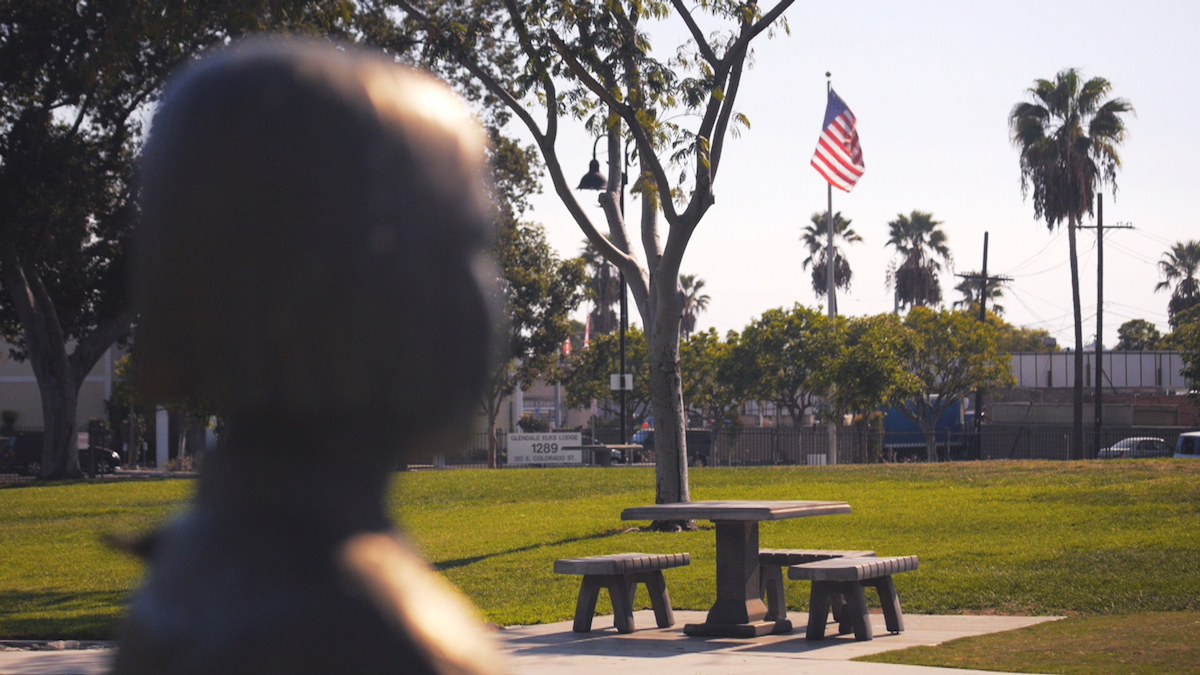SHUSENJO: THE MAIN BATTLEGROUND OF THE COMFORT WOMEN ISSUE

A Landmark Exploration into One of Asia’s Most Divisive Issues
Venue: Theater Image ForumApril 20 (Sat), 2019 - : Everyday at 21:00 are with E/J subs. Please check at the theater website.
Official website: www.shusenjo.com
Theater website: www.imageforum.co.jp/theatre/
Theater website: www.imageforum.co.jp/theatre/schedule/
Tariff: General: ¥1,800 / College students and seniors: ¥1,200 / High school and junior high school students and seniors: ¥1,200 / Members: ¥1,100
Title: 主戦場 (Shusenjo)
Duration: 122min
If you’ve lived in Japan for any length of time, chances are you’ve followed the comfort women issue, even if cursorily. An incendiary flashpoint in Japan’s postwar relations with Korea and China since the early 1990s, the internet has contributed to making it increasingly complex, until it is now nearly impossible to parse.
The online proliferation of counterproductive arguments about the treatment of these women has cast doubt on “the truth” and created an increasingly bifurcated divide. One side supports the victims, who have given moving accounts of the outrages perpetrated against them, for which Japan apologized in 1993; the other side insists the women were well-paid prostitutes and the Japanese government was not complicit in “creating a massive, organized rape system,” as has been charged.
Enter Miki Dezaki’s landmark Shusenjo: The Main Battleground of the Comfort Women Issue, which performs the near-miracle of exploring, explaining and de-sensationalizing this most contentious of disputes in Asia, this “gross human rights violation” that has also impacted the lives of women in China, Taiwan, the Philippines, Indonesia, Burma, Malaysia, East Timor and Micronesia.

Until Shusenjo, there has not been a feature documentary that thoroughly investigated the facts, figures, opinions and distortions of both sides.
The Japanese-American director was compelled to tackle the issue after he had come under relentless attack from neo-nationalists for posting a YouTube video about racism in Japan.
Dezaki spent several years conducting the type of balanced, in-depth reporting that was once the purview of the news media. On his own dime, he criss-crossed the globe, meeting with a wide-ranging group of experts and eyewitnesses, amassing footage from milestone events dating back to before WWII, even conducting man-on-the-street-style interviews. Then he edited it all into a comprehensive, comprehensible whole.

Shusenjo probes a range of critical questions: Were all comfort women “sexual slaves?” What does “coercive recruiting” really mean? Does the often-inconsistent testimony of the elderly victims even matter? Does Japan have a legal responsibility to apologize? Are the Chinese paying for those comfort women statues in California? Where the hell is the smoking gun? Why are venerable newspapers like the Japan Times “redefining” their vocabulary around the issue?
Despite the future-defining seriousness of the subject, it must be noted that Dezaki is a brilliant editor, and watching the film is both an educational and entertaining experience.
Whether or not it proves to be transformative, especially on the governmental level, remains to be seen. But Shusenjo: The Main Battleground of the Comfort Women Issue should not be missed.
Theater Image Forum
Japanese Title: 主戦場 (Shusenjo)
Directed by Miki Dezaki
Japanese, Korean, English with English and Japanese subtitles | 122min
Venue: Theater Image Forum
Dates: April 20 (Sat) - Everyday at 20:45 are with E/J subs.
Please be sure to check with the theater before going.
